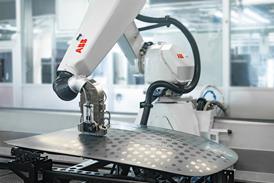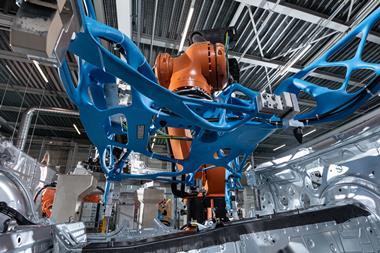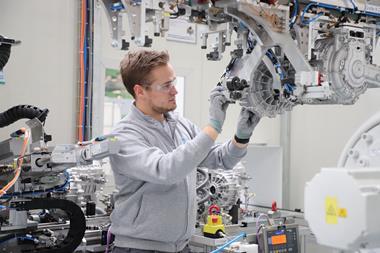As aluminum alloys expand in breath of application and metallurgical properties, it is important to continuously advance the fluids used to machine them. Reducing the total cost of ownership for metalworking fluids is a primary goal of every fluid manufacturer, and often this can be achieved through leaner, tighter emulsion chemistry. However, such advancements in colloidal chemistry can particularly impact the machining performance of thread cutting applications. In order to accelerate product development processes, as well as accurately address customer challenges, Quaker invested heavily in the speed, accuracy, and breath of our simulation tools for tapping aluminum.
To effectively study the performance of a metalworking fluid in a metal machining operation it is important to utilize test conditions as applied in the industrial processes. In this webinar were discussed the results of work conducted to develop unique laboratory test methods able to predict the performance of a metalworking fluid in thread making operations, with a special focus on the test parameters that are most influential to the relevance and repeatability of the results obtained in relation to the industrial process conditions.
Thursday 12th October | 9:00 EDT | 14:00 BST
This webinar was presented by:
Michiel van Breemen, Technical Research Manager EMEA, Quaker Chemical
Based at the European headquarters of Quaker Chemical in the Netherlands, Michiel has been actively leading R&D programmes in the field of metalworking fluids for the past 15 years. He holds an MSc. degree in organometallic chemistry from the Utrecht University.
About Quaker
Quaker Chemical Corporation is a leading global provider of process fluids, chemical specialties, services, and technical expertise to a wide range of industries, including automotive, steel, aluminium, aerospace, tube/pipe and others. For nearly 100 years, Quaker has helped customers around the world achieve production efficiency, improve product quality, and lower costs through a combination of innovative technology, process knowledge, and customised services. By grasping unique metalworking issues, Quaker can custom-engineer fluids to improve a process’s speed, quality, tool life and efficiency to achieve lower bottom line costs.
For more information visit www.quakerchem.com











































